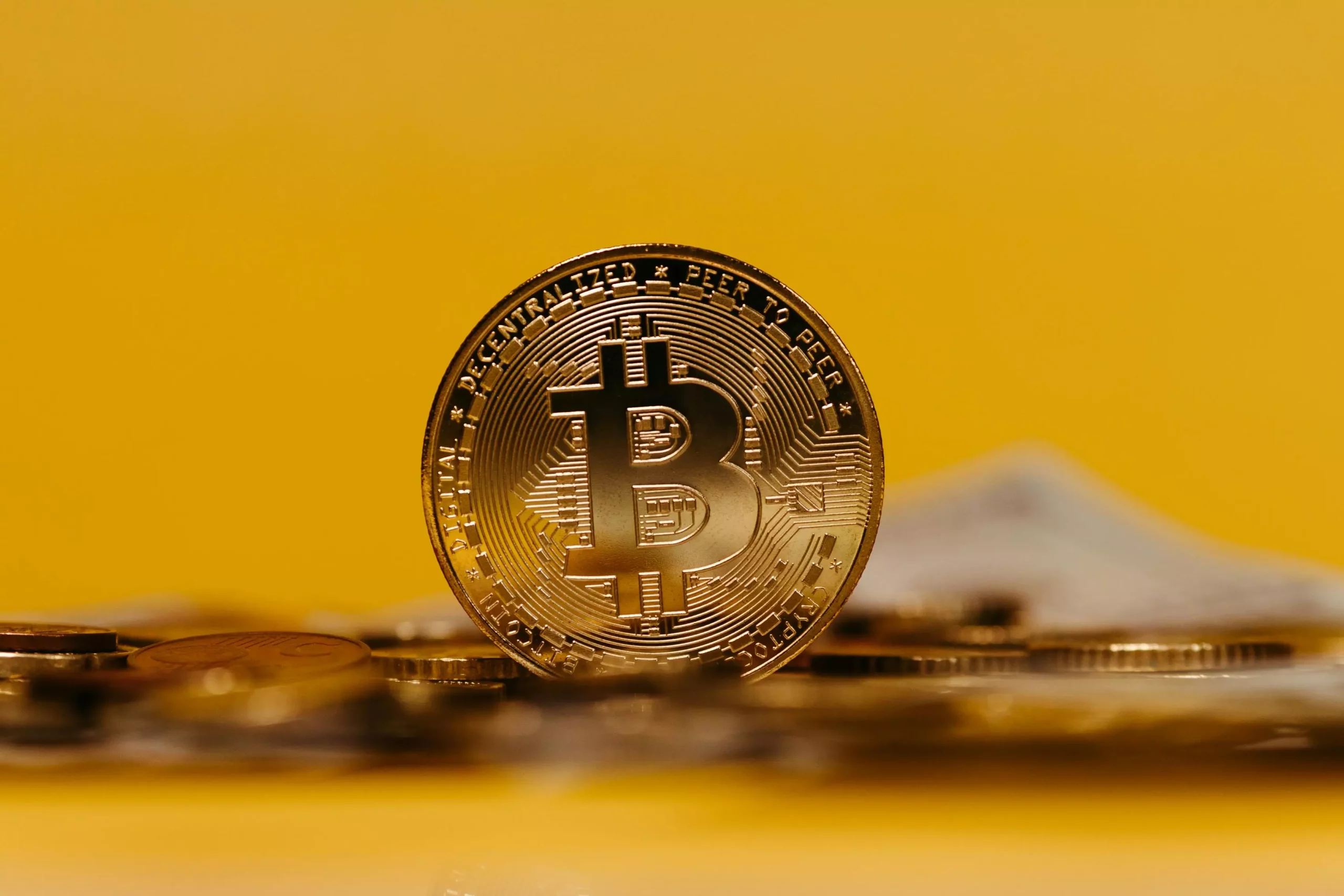The possibility of establishing a U.S. Bitcoin Strategic Reserve has sparked discussions among cryptocurrency enthusiasts and financial experts alike. This concept, initially proposed during Donald Trump’s presidential campaign, aims to position the United States as a frontrunner in the global cryptocurrency market. However, significant skepticism persists within the cryptocurrency community regarding the viability of such a reserve and its implications for U.S. economic policy.
Advocates argue that a national stockpile of Bitcoin could serve numerous purposes—bolstering the U.S. dollar’s dominance while simultaneously enhancing national security in the burgeoning digital economy. Proponents see this strategic reserve as more than just a financial maneuver; it represents a bold step towards embracing digital currencies amidst shifting financial landscapes. The United States has long held a central role in global finance, and capturing the cryptocurrency market could bolster its economic prowess against emerging threats from countries like China, which continue to advance their own digital currency initiatives.
However, the implications of such a move would be complex. Establishing a Bitcoin reserve may reaffirm the U.S. commitment to innovation and economic strength. Still, it raises pertinent questions about the potential volatility of cryptocurrencies, which have historically experienced sharp price fluctuations, complicating their role as a national asset.
Despite the optimism among proponents, key figures in the cryptocurrency sector express deep reservations about the feasibility and necessity of a Bitcoin Strategic Reserve. Ki Young Ju, CEO of CryptoQuant, articulates a nuanced view, suggesting that the likelihood of such a proposal receiving approval from the Trump administration remains slim. Ju posits that the U.S. government may prioritize the stability of the U.S. dollar over the volatile nature of cryptocurrencies.
Young Ju reasons that the perceived absence of a threat to U.S. economic supremacy is a significant hurdle. Historically, economic concerns have prompted shifts in asset valuations—precisely what the gold standard debates illustrated. In times of uncertainty, investors tend to flock to trusted store-of-value assets, including gold and, more recently, Bitcoin. However, Ju argues that current market sentiments reflect confidence in the U.S. economy, suggesting that a strong national currency will continue to diminish the urgency for a Bitcoin reserve.
The Role of Economic Indicators
Ju further emphasizes that the government’s policies are inherently tied to the underlying strength of the economy and the U.S. dollar. If there were to be a genuine perception that American economic hegemony is at risk, it would likely drive an increase in demand for alternative assets like Bitcoin. This raises the question of strategic timing: would a reserve be most effective during economic uncertainty, thus diverting attention from the strength of the U.S. dollar?
Moreover, as the U.S. accounted for a staggering 37.8% of global Bitcoin processing in 2022, the position of the country in cryptocurrency mining is significant. Thus, any policies regarding digital currency must consider both the immediate benefits and the long-term implications for the U.S. economy.
Political Influence and Future Prospects
Considering the political landscape, there remains a level of unpredictability in how Trump may approach Bitcoin policy once in office. Throughout his campaign, he positioned himself as a pro-Bitcoin candidate, but factors such as economic performance, public opinion, and broader geopolitical pressures could lead to a shift in focus. Young Ju speculates that if Trump can project U.S. economic strength and bolster the dollar’s supremacy, he may scale back on any strong pro-Bitcoin rhetoric to appeal to a broader base without alienating his supporters.
The dichotomy presents a challenging environment for Bitcoin advocates. The potential for a Bitcoin Strategic Reserve leans heavily on government priorities, public sentiment regarding cryptocurrencies, and the overarching economic landscape. As stakeholders observe the unfolding political and economic scenario, the discourse surrounding a formalized Bitcoin reserve will continue to evolve.
While the establishment of a U.S. Bitcoin Strategic Reserve is an idea that possesses the power to reshape financial paradigms, serious questions about its practicality and necessity linger. Skepticism from key figures like Ki Young Ju highlights the complexities at play, suggesting that the journey towards a digital currency reserve will be filled with hurdles influenced by economic indicators, political shifts, and public perception of cryptocurrencies. Only time will tell if the U.S. will embrace this new frontier or choose to maintain traditional approaches to economic stability.


Leave a Reply